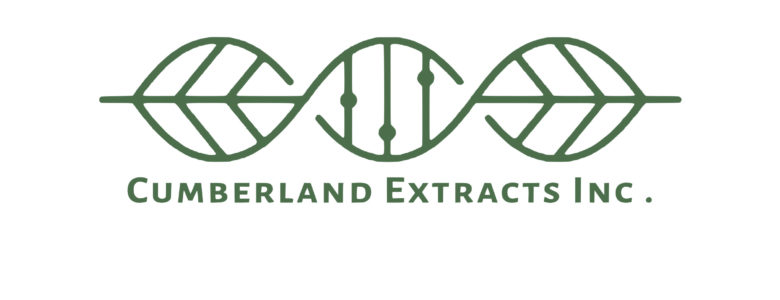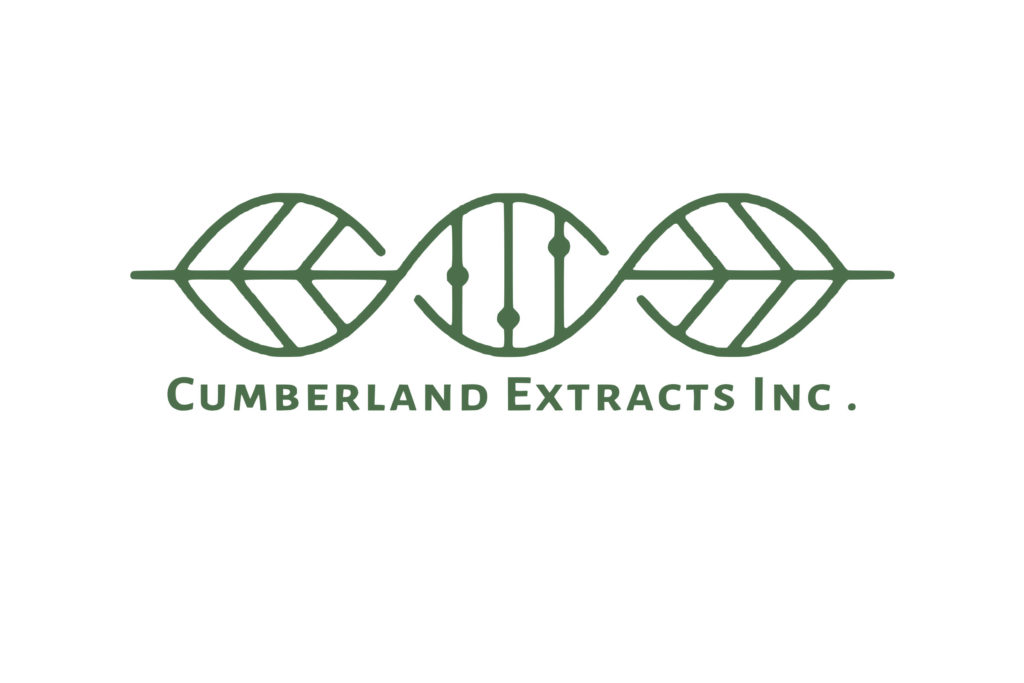January 12, 2020
Cumberland Extracts Hemp Facility Receives USDA Organic Certification

By: burgundy bug
Cumberland Extracts, Inc. logo
Source: Cumberland Extracts
Tennesse-based Cumberland Extracts‘ hemp facility recently obtained a USDA Organic certification – a rare feat in the hemp industry.
“To obtain USDA Certification from farm to finished CBD product, the Cumberland Extracts team has implemented conservation practices and stringent procedural methods to uphold and exceed USDA Organic Guidelines, a step most emerging CBD companies have yet to take,” Cumberland Extracts wrote in a press release on Thursday.
Cumberland Extracts was founded in 2019 with the “mission of heightening the standards of quality, traceability, and scientific testing in the booming industrial hemp and CBD markets.”
The company is locally owned and run by four owners with decades of experience and a passion for the environmental as well as the health benefits hemp can provide.
Read: 10 Hempsational Facts About Hemp by CannaLance
The Burgundy Zine
For a hemp facility to receive a USDA Organic certification, they must comply with the USDA Organic standards, as the “Organic Certification of Industrial Hemp Production” instructions explain.
USDA Organic Standards
“Organic is a labeling term that indicates that the food or other agricultural product has been produced through approved methods.”
Organic Standards | USDA
USDA Organic Crop Standards
- No prohibited substances must be applied to the land for at least three years prior to the harvest of an organic crop.
- Crop nutrients and soil fertility must be managed through cultivation and tillage practices, crop rotations, and cover crops. This may be supplemented with animal and crop waste and approved synthetic materials.
- Pests, weeds, and diseases must be controlled through physical, mechanical, and biological practices. If these practices are not sufficient, a biological, botanical, or approved synthetic substance may be used.
- Organic seeds and other planting stock must be used when available.
- Genetic engineering, ionizing radiation, and sewage sludge are prohibited from use.
USDA Organic Handling Standards
- Both synthetic and non-synthetic non-agricultural ingredients must be used in alignment with the National List of Allowed and Prohibited Substances.
- All agricultural ingredients must be organically produced unless it isn’t commercially available in organic form and listed in Section 205.606 in multi-ingredient products labeled as “organic.”
- Handlers must prevent organic and non-organic products from mixing.
- Organic products must be protected from contact with prohibited substances.
What “Organic Hemp” Means
When a hemp facility receives a USDA Organic certification, it’s a testament to the quality and practices of the producer. It ensures the hemp was not grown with prohibited substances (yes, including sewage sludge) and meets the standards of the federal government.
Although 511,442 acres are licensed to grow hemp across the 46 states where it’s legal according to Vote Hemp, only a fraction of hemp is grown on land that’s USDA Organic certified.
“Locally grown USDAOC hemp is processed, distilled, and quality-tested at the company’s 9,000-square-foot state-of-the-art USDAOC facility in Clarksville, Tenn., and then sold as CBD crude, isolate, and distillate to wholesale and product creators for use in their CBD lines,” Cumberland Extracts says in their press release. “Cumberland believes USDA Organic Certification in hemp growth, product transparency, tracking, and testing paves the way for more lab-verified and uniformly high-quality CBD oils in a rapidly growing industry.”
To learn more about acquiring Cumberland Extracts’ products, you can contact them online.
Interested in having content featured in an upcoming blog post or issue of The Burgundy Zine? Head on over to the submissions page!
For all other inquiries, please fulfill a contact form.


